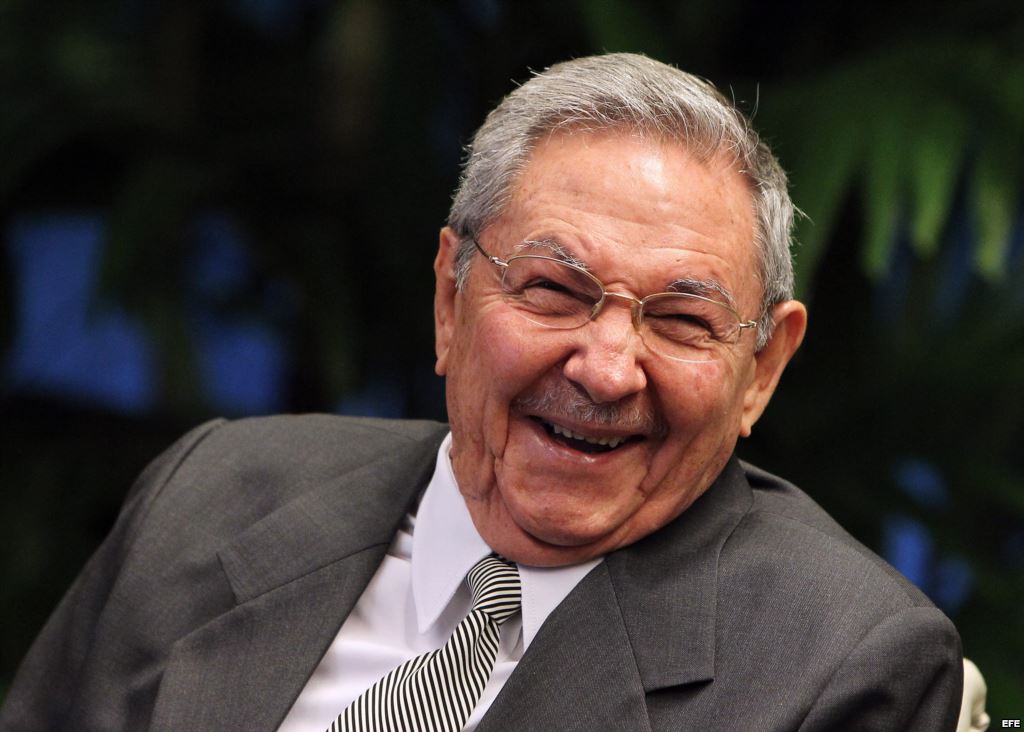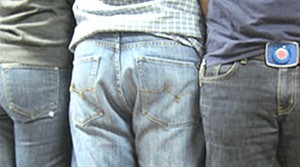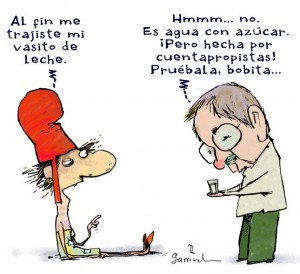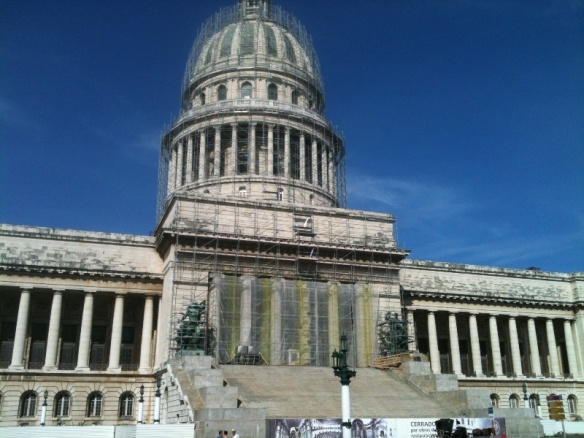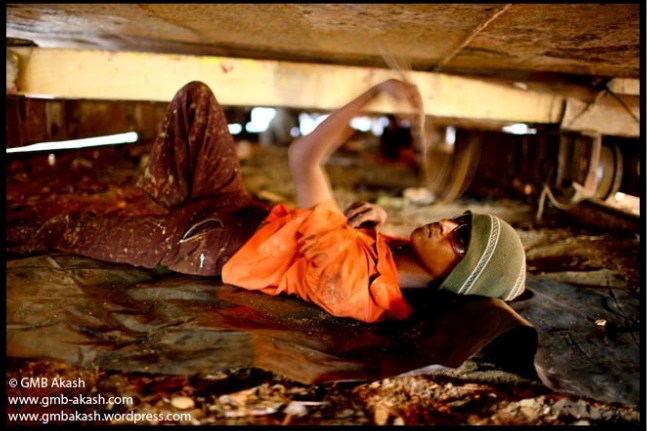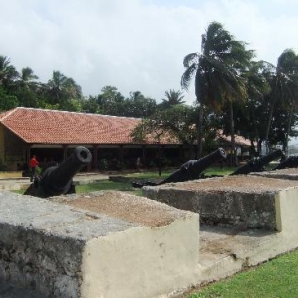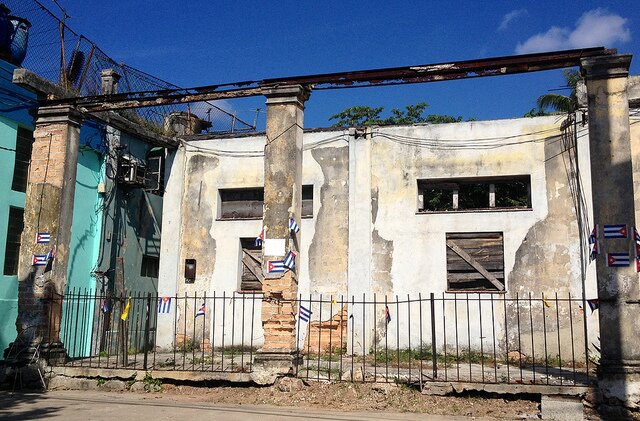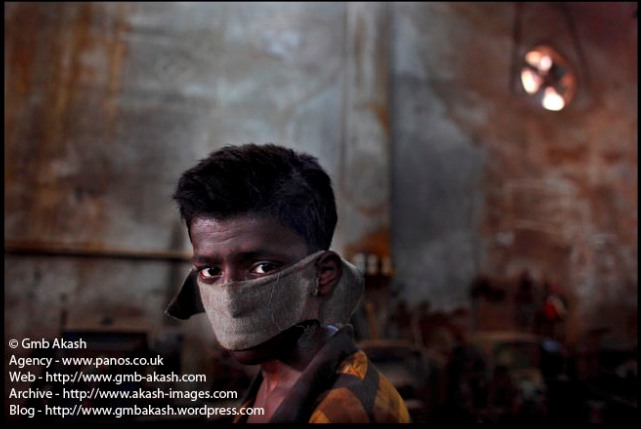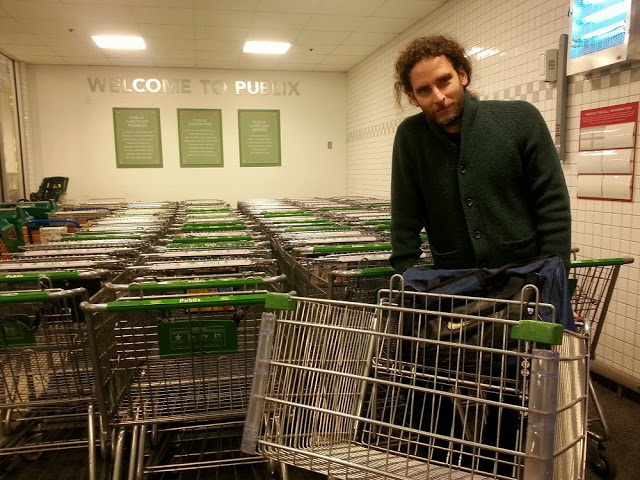 In spite of the absence of giants from track and field like the Kenyan David Rudisha, the Jamaican Yohan Blake, the Cuban Dayron Robles and the Croat Blanka Vlasic, the Track and Field World Championships which took place August 10 to 18, was not a disaster.
In spite of the absence of giants from track and field like the Kenyan David Rudisha, the Jamaican Yohan Blake, the Cuban Dayron Robles and the Croat Blanka Vlasic, the Track and Field World Championships which took place August 10 to 18, was not a disaster.
Tyson Gay, Asafa Powell and Veronica Campbell-Brown were banned from competition for having used controlled substances. Although they weren’t world-class athletes, the times and scores were significant.
And when headline names compete like Usain Bolt, Mo Farah, LaShawn Merritt or athletes in the style of Yelena Isinbayeva, Shelly Ann Fraser-Pryce or the runners from the depths of Kenya and Ethiopia, there is a guaranteed show.
It’s a pity that the Muscovites weren’t enthused by this distinguished group of giants. Or they’re not interested in track and field, the tickets were sold at astronomical prices, or they preferred to stay in their dachas during these hot August days.
Of the 14 editions of the Track and Field World Championships, it was the least attended by the public. The International Federation of Track and Field should take note. And set aside shady deals lacking in transparency when it’s time to designate a host site.
Super sized athletes like to compete with full stands. And the notable empty spaces in the gigantic Luzhniki stadium demonstrated that not everything is done with voluminous wallets, juicy commissions and extra-curricular lobbying.
Russia, which hopes to recuperate its lost greatness, bet on launching an offensive on all fronts. From their platform in the Security Commission of the United Nations, to throwing the house out the window and grabbing first class sports events. The new type of dictatorship invented by Vladimir Putin, with repression of dissidents and homosexuals through laws or simply busting them with sticks, he initiated a media offensive to wash its totalitarian face.
They will be a host site for the Winter Olympic Games (Sochi, 2014) and the next World Swimming Championships (Kazan, 2015). And they are discussing a place for the Summer Olympics of 2020. Only the myopia or corruption that envelops the maximum agencies for global sports, gets around the fact that a country that doesn’t respect democratic play should never be host to world events.
But back to the point. Despite the frigidity of the spectators, on the sports side, Moscow 2013 was a success. In nearly all the competition events better times and season records were achieved.
In the case of those who competed from our island, this is a pending subject. For years now Cuban athletes, with exception of Pedro Pablo Pichardo, Yipsi Moreno y Omar Cisneros, haven’t gotten the best results in their most important events. We have to check the methods, something is wrong with the technique and strategies. The best marks are obtained in the first few months of the year.
Of course, to sweep the house you have to switch the furniture. The work of the Cuban Federation of Track and Field is awfully bad. This was confirmed by a source that would rather stay anonymous:
“You can’t obtain big results when the attention to the athletes is shameful. You could make an extensive list of the athletes that have left the country or simply have stopped competing due to lack of support from the authorities. It is an authentic cartel of the immoral. Corrupt to no end. Look at the Panamerican Stadium where the stars of track and field train; it is a shame. The gymnasium is disgusting. The boards are not working; the food and the working conditions are deplorable. Yargelis Savigne, Aliecer Urrutia and others have decreased their performance due to the lack of support and training. The best Cuban trainer, Santiago Antunez, had to retire. The Commissioner Jorge Luis Sanchez is a straw-man. It is the despotic Alberto Juantorena is who pulls the strings of track and field in Cuba. If they aren’t charged with corruption or fired, in a few years we won’t have any great athletes. The material and talent are there, but there is lack of direction in accord with the new times that shine.”
Three years ago, the pole vaulter Lazaro Borges, in second place at Daegu 2011, and Yarisley Silva who won bronze in Moscow 2013, didn’t even have a pole vault to train or compete. If they hadn’t had high-caliber results, today they would be completely unknown athletes. The mentality of the Cuban government has always been “put the cart before the horse.”
If athletes don’t show results, there is no guarantee of physical or monetary resources. This sewer of bandits that the island track and field federation has become is the genesis of the poor showing at the world competition in Moscow.
Is the second worse result since 1987. Now we are in 23rd place with two bronze medals and one silver. This is not a matter of medals. I repeat, the majority of the athletes didn’t achieve their best marks of the year or their personal bests in the tournaments.
The complacency of the official press and the mendacity of the leaders will attempt to cover the sun with one finger. But something must be done if we want to come back to first places; and that something can’t be done the way that the unpopular Alberto Juantorena is doing with jewels of the track like Dayron Robles.
The sports authorities of the island need to “really” look at their calendars. We are living in the 21st century. If they don’t change strategies, with their absurd rules and silly speeches they will bury what little is left of Cuban sport.
Changing topics; Jamaica stole the speed show. They took six gold medals. What happened to Usain was to be expected. He is unrivaled; he comes from a different galaxy. Seriously, they should take into consideration to retire him with honors and keep the videos of his performances for future generations of runners.
It can’t be fun to compete against yourself; that’s why I saw, a very serious Bolt. If new rivals don’t emerge the guy will get bored. He won, but he lacked the Caribbean and reggae spark. With the gold of the 4×100 relay, Bolt will surpass athletes like “Pato” Johnson and Carl Lewis in their number of medals. Until proved differently, he is the greatest runner in history.
From his same country Shelly Ann Fraser-Pryce is not too far behind. She started better than anyone else and surpassed the three American runners. In speed, Jamaicans have a dynasty; ones leave and new ones show up. In the short runs Jamaica runs against Jamaica.
Another one that imprinted his name in Gothic letters was Mo Farah. Running is his natural state. He did double in 5 and 10 thousand meters. He has a final sprint that any 400 meter runner would envy. He’s not only a pride to the world but for Cuba too. His trainer, Alberto Salazar is Cuban.
Watching experts like Salazar or Ivan Pedroso, who train the world champion in the triple jump, the French Teddy Tamgho — who marked 18.04 on the August 18th Moscow afternoon, the best in the last 15 years — we can see what can be done when you have the drive and resources to display the athletes’ qualities.
Russia showed its condition of host and took the first place among countries. Isinbayeva showed her grandiosity despite certain statements made to the press.
The Cuban delegation showed a display of new blood like Pedro Pablo Pichardo, Omas Cisneros and Yarisley Silva. One must be careful with some of the ages of the cadets and youths that competed in Moscow. This wasn’t their world championship but it served its purpose.
The sickness at the heart of track and field in Cuba is the same as the regime, it is systemic. Is not due to lack of talent; but rather due to the rules of the game.
Photo: With his silver medal, Pedro Pablo Pichardo (born Santiago de Cuba, 1993) gave Latin America its sixth medal in Moscow 2013. Pichardo was beaten by Frenchman Teddy Tamgho, who since 2011 has been coached by the Cuban Ivan Pedroso, quadruple world long jump champion and Olympic gold in Sydney 2000.
Ivan Garcia
19 August 2013



